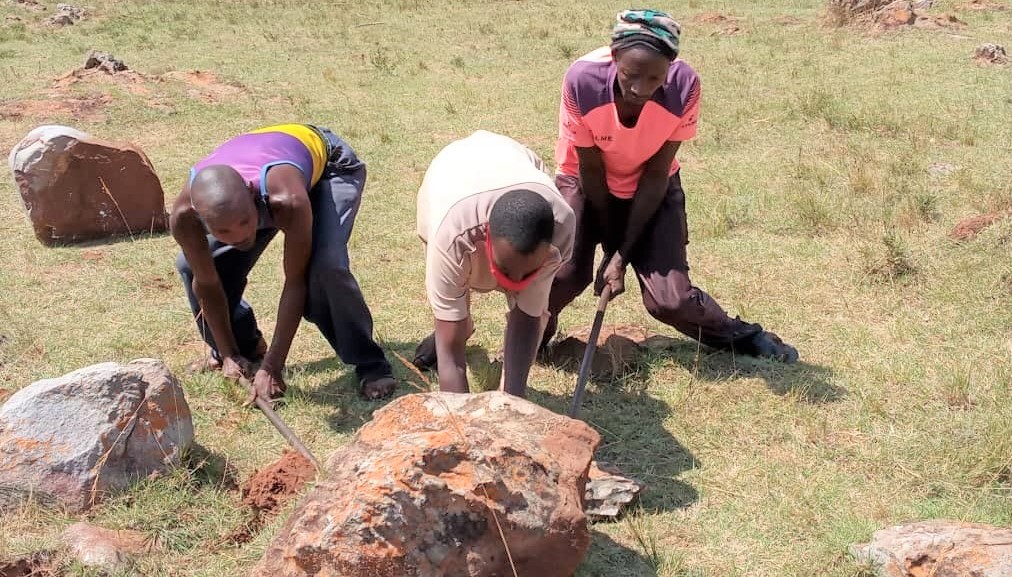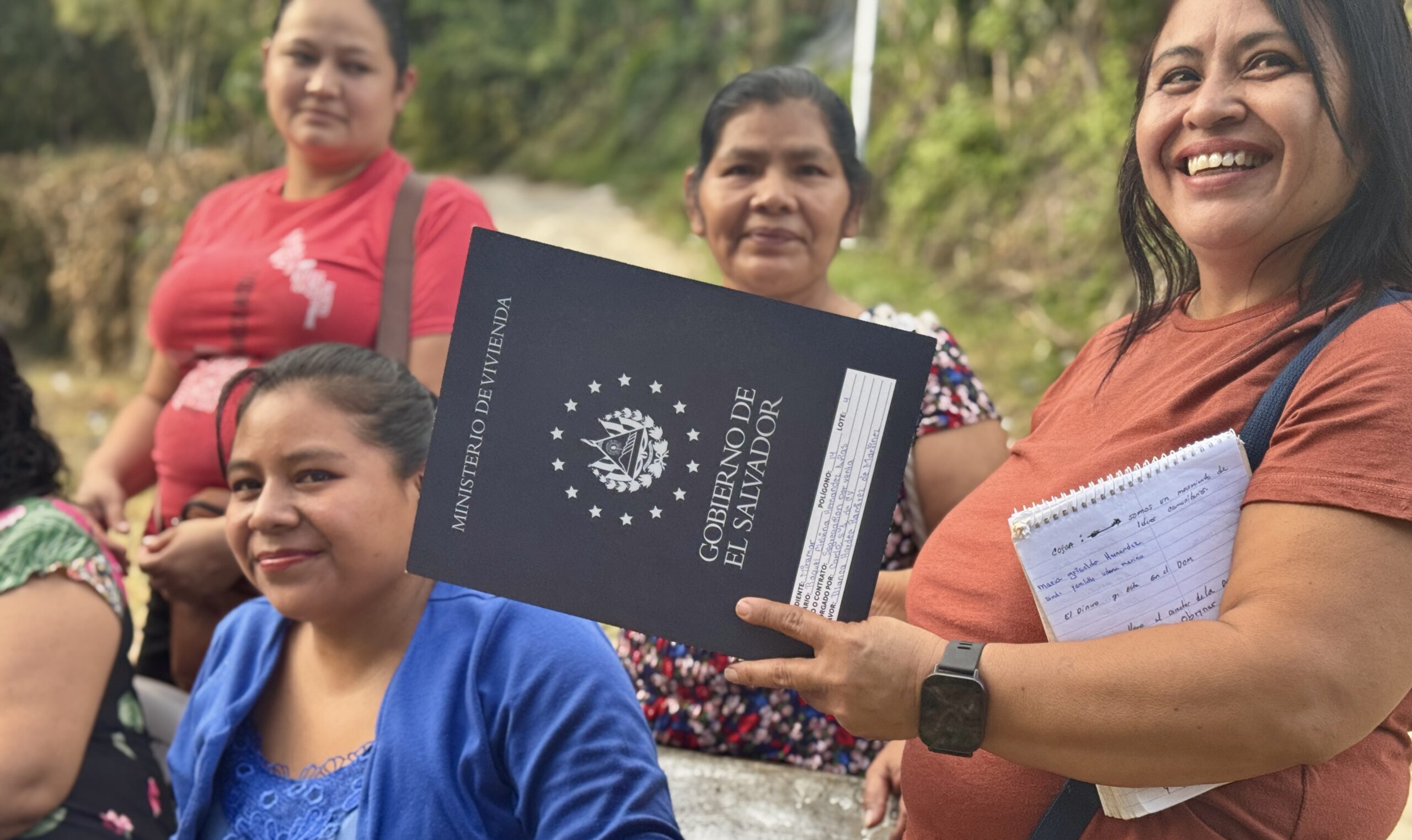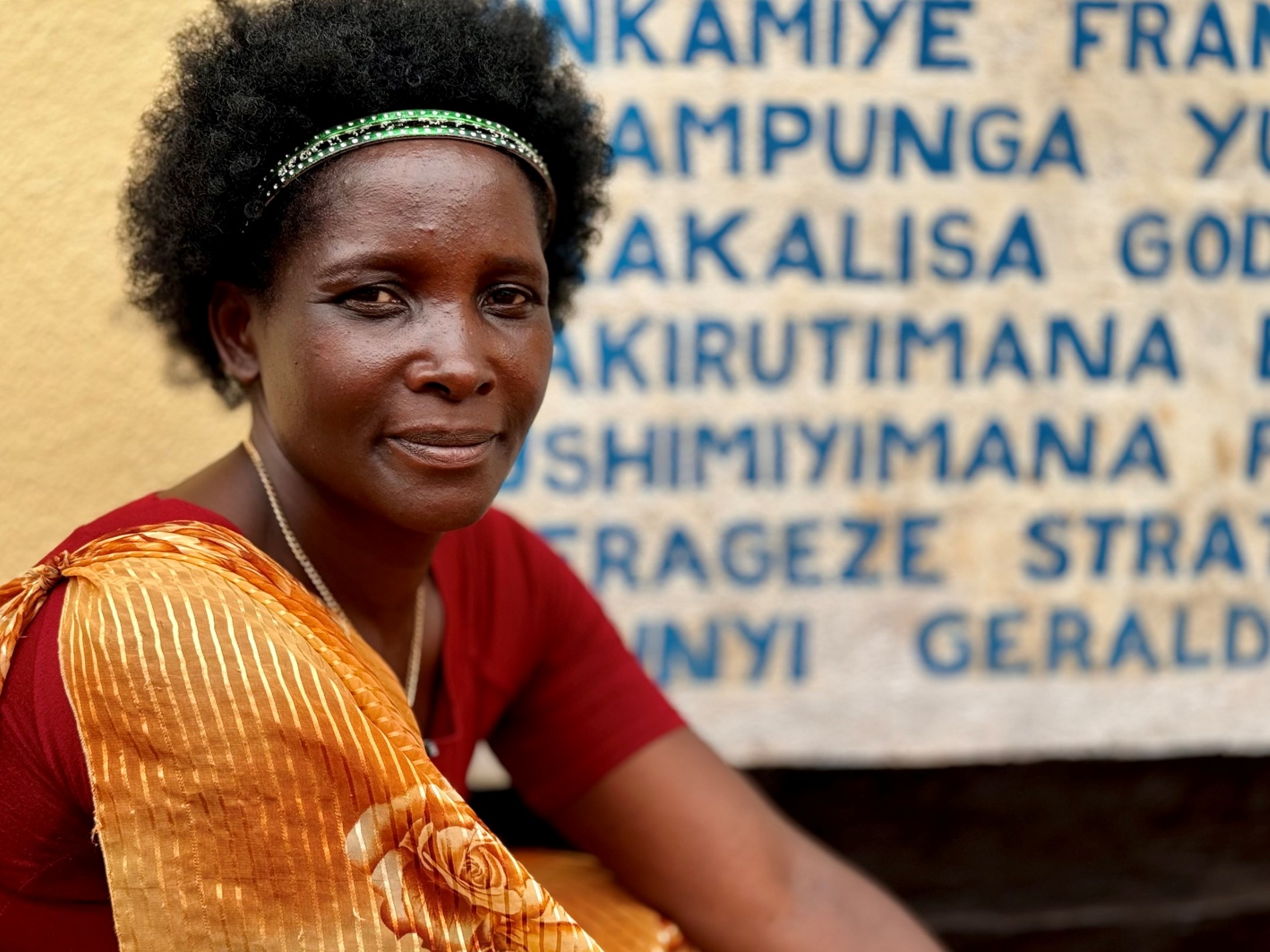Zacatecoluca, El Salvador — Salvadoran Housing Minister Michelle Sol announced that the government has regularized the land titles of 61,333 families and is prepared to move forward with…
Rwanda: Building the world’s most trusted health system
“Though Rwanda has gotten some attention for its use of drones and other technology in the pandemic, the innovation is not a technology. It’s more the innovation of human caring and providing social support.” – Sheila Davis, CEO of Partners in Health.
In our second international webinar, “Organizing for resilience and development in Rwanda”, Pr. John and Fr. Innocent highlighted the role that PICO Rwanda organizing networks are playing in protecting the health of local communities and the role community-constructed clinics in Mumeya and Rusumo are playing as hubs for teams testing and tracing COVID-19. Now, Rwanda PICO Rwanda leaders have begun construction of the third health clinic that will serve 20,000 families in Nyarubuye. More than 1000 people have already committed to provide labor to begin construction. They have negotiated with local political leaders to secure land for the clinic, and together they are conducting a public health education campaign about coronavirus. The clinics constructed by PICO Rwanda leaders in rural communities help provide the public health infrastructure that is the key to succes combatting the pandemic. Because of this community-based approach Rwandans have the world’s highest level of trust their health care system. With only 1337 cases and 4 deaths, Rwanda also ranks amongs in the world’s leaders in containing the spread COVID-19. As vulnerable families suffer, PICO Rwanda leaders are using their networks of relationships to check in and provide food and needed support.
According to Agnes Binagwaho, former health minister and now a senior lecturer at Harvard Medical School, Rwanda’s success in combating the pandemic comes down to a health care system focused on communities. “Rwanda has prioritized a decentralized health care system,” she told Fortune. The system works to get buy-in from everyone, from educators to law enforcement, to help in advancing health goals. The U.S. stands in contrast to that approach. “[U.S.] investment in community health and public health has really been decimated in the last few decades,” said Sheila Davis, CEO of Partners in Health. “So we don’t have the benefits of a community health system like they have in Rwanda.” Most of all, Davis faulted U.S. reliance on hospitals as a focal point of health care, in contrast to Rwanda’s approach of putting health workers closer to the communities they serve.
We have much to learn from the people of Rwanda.



